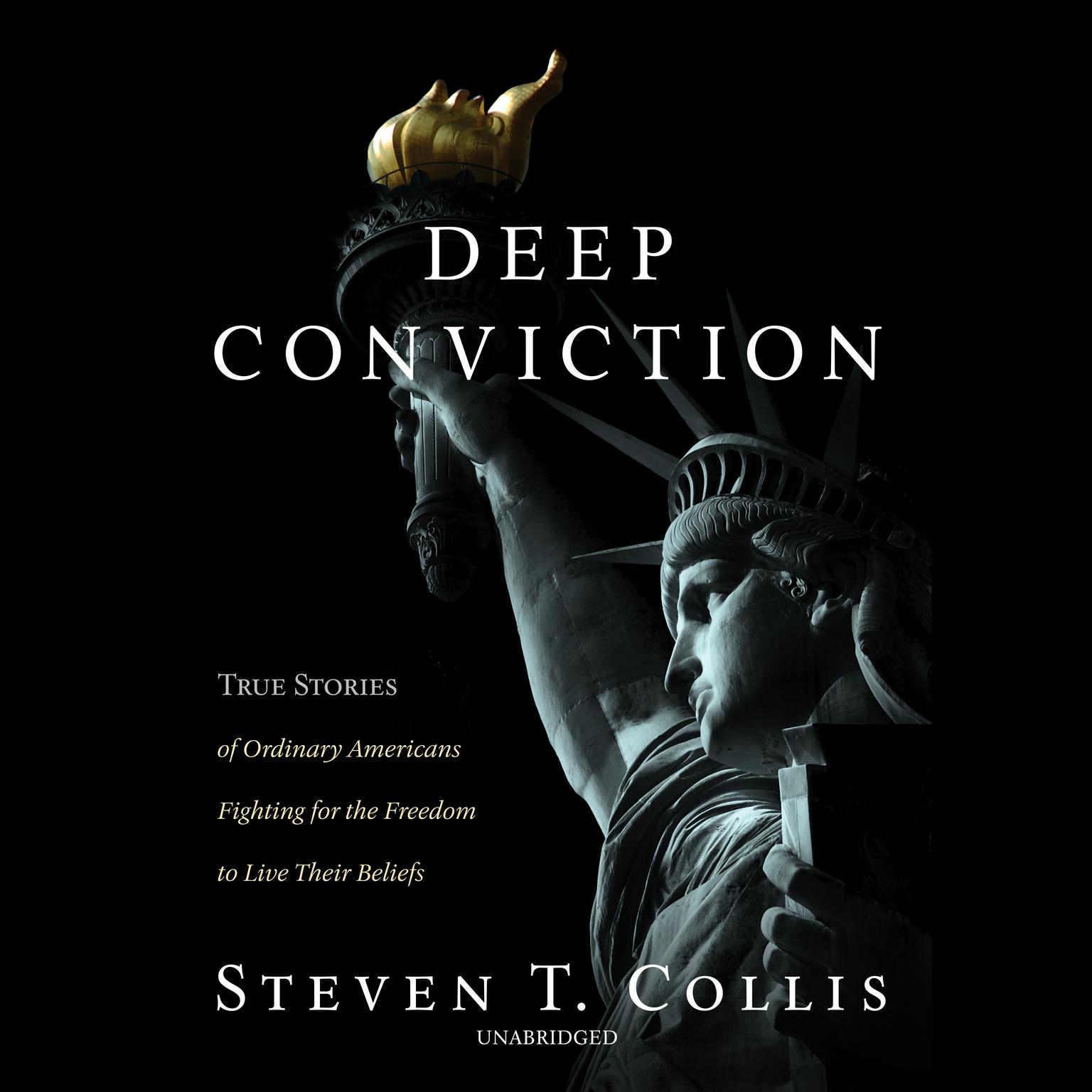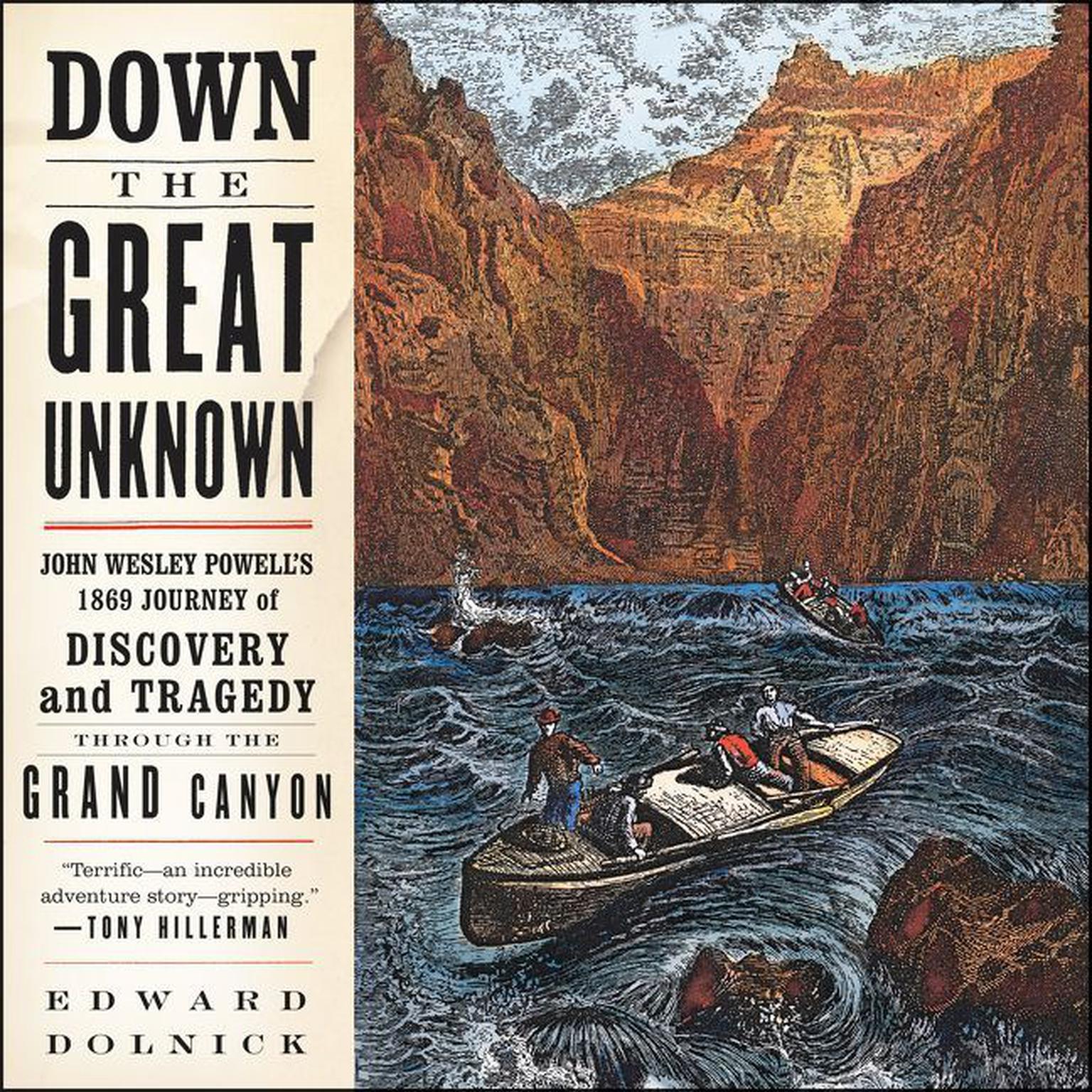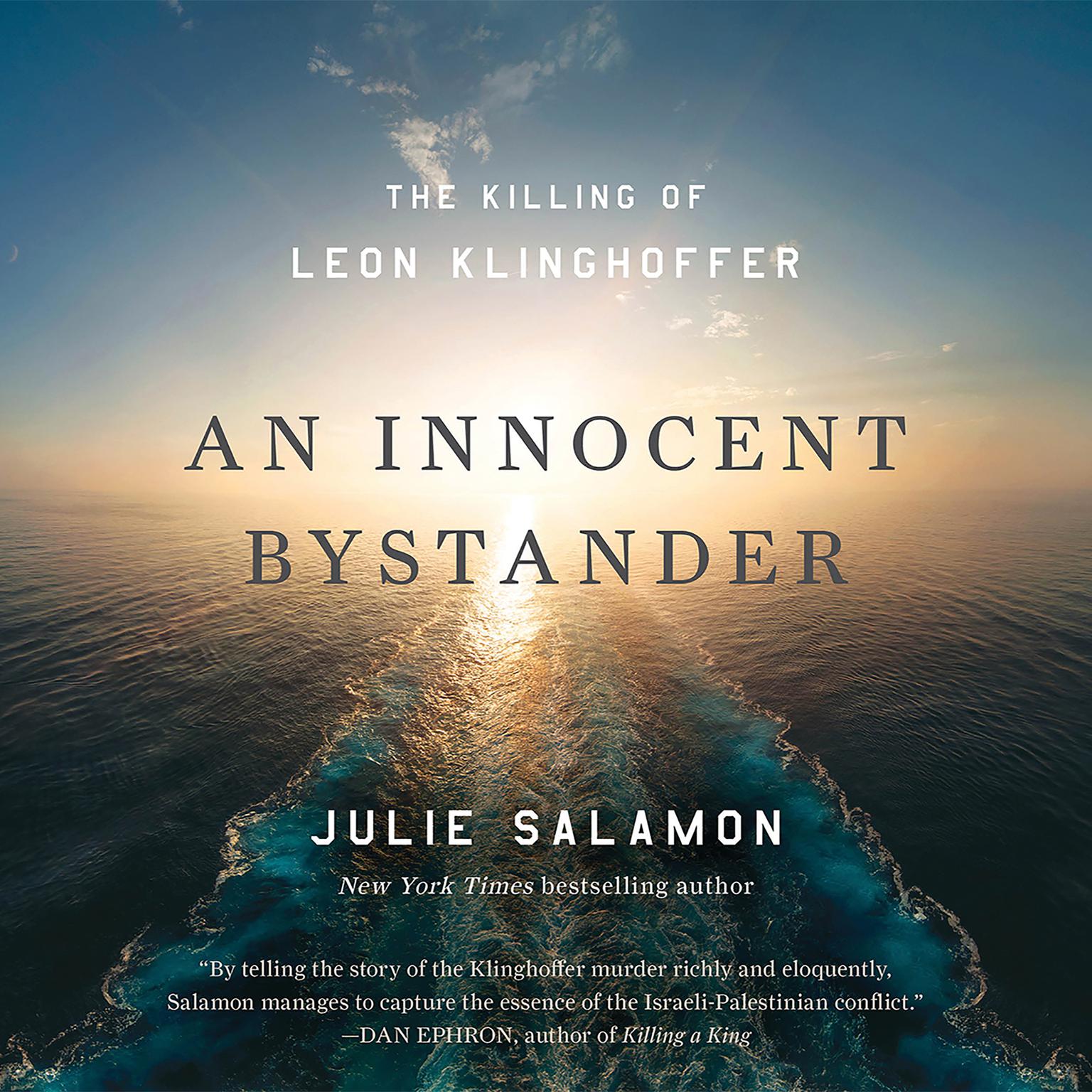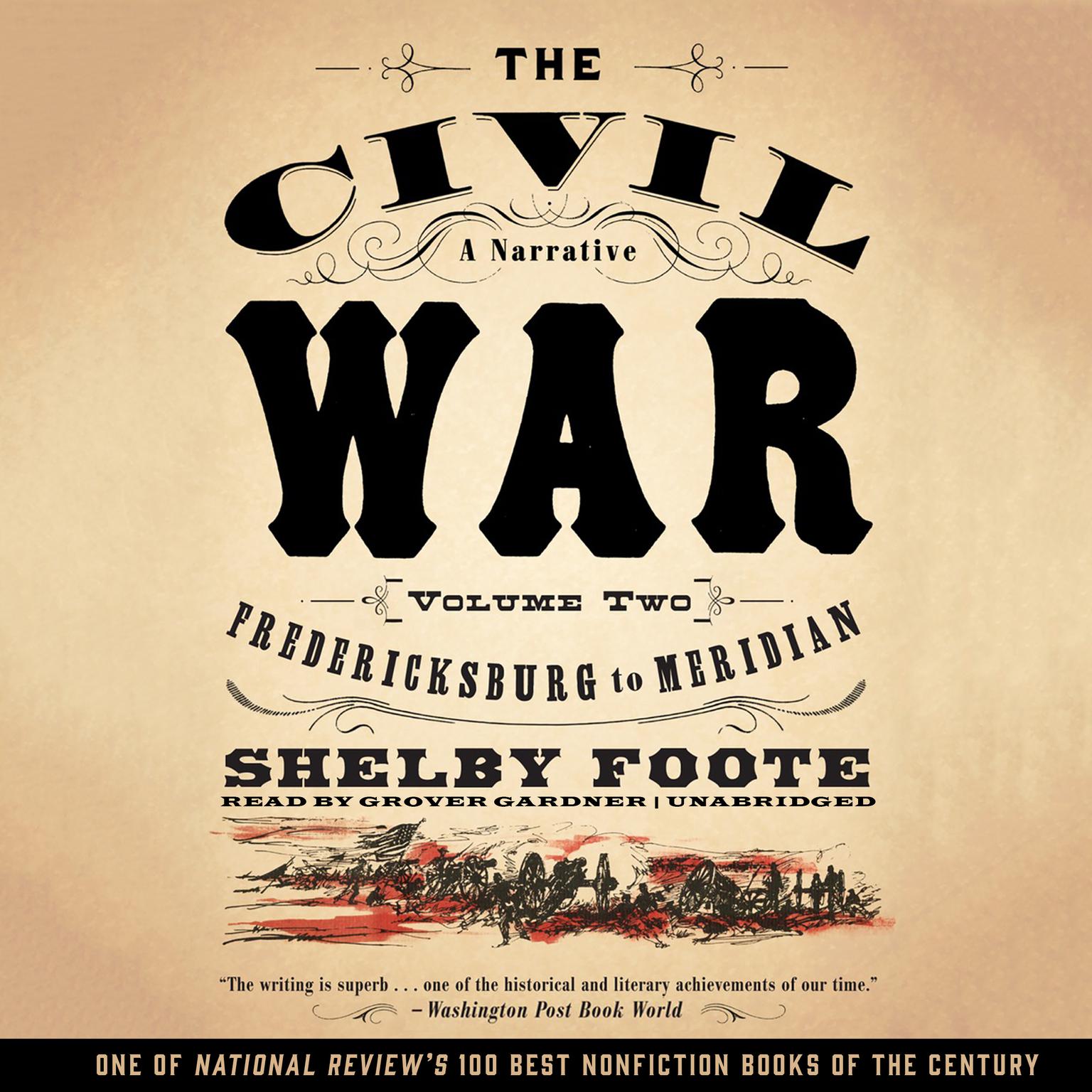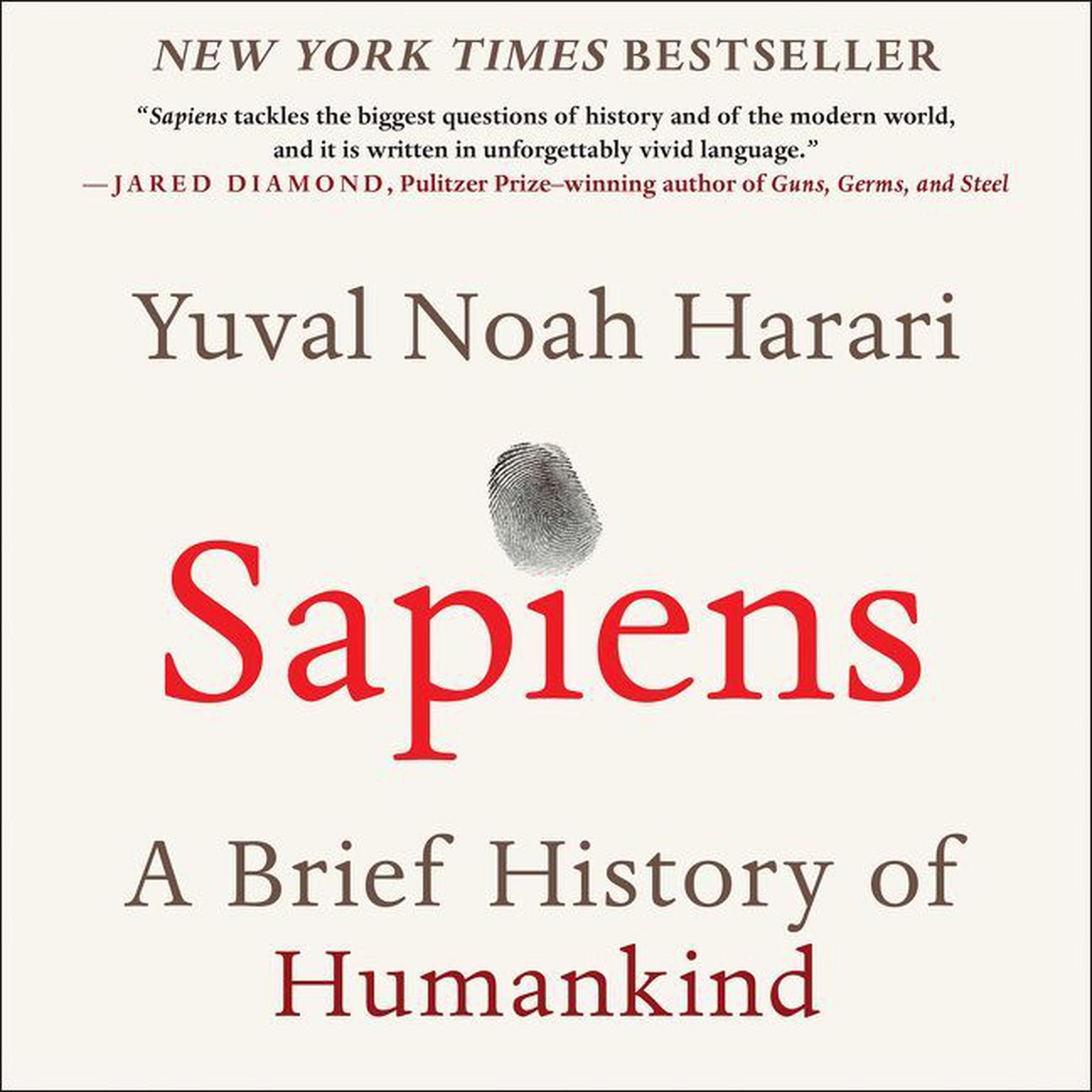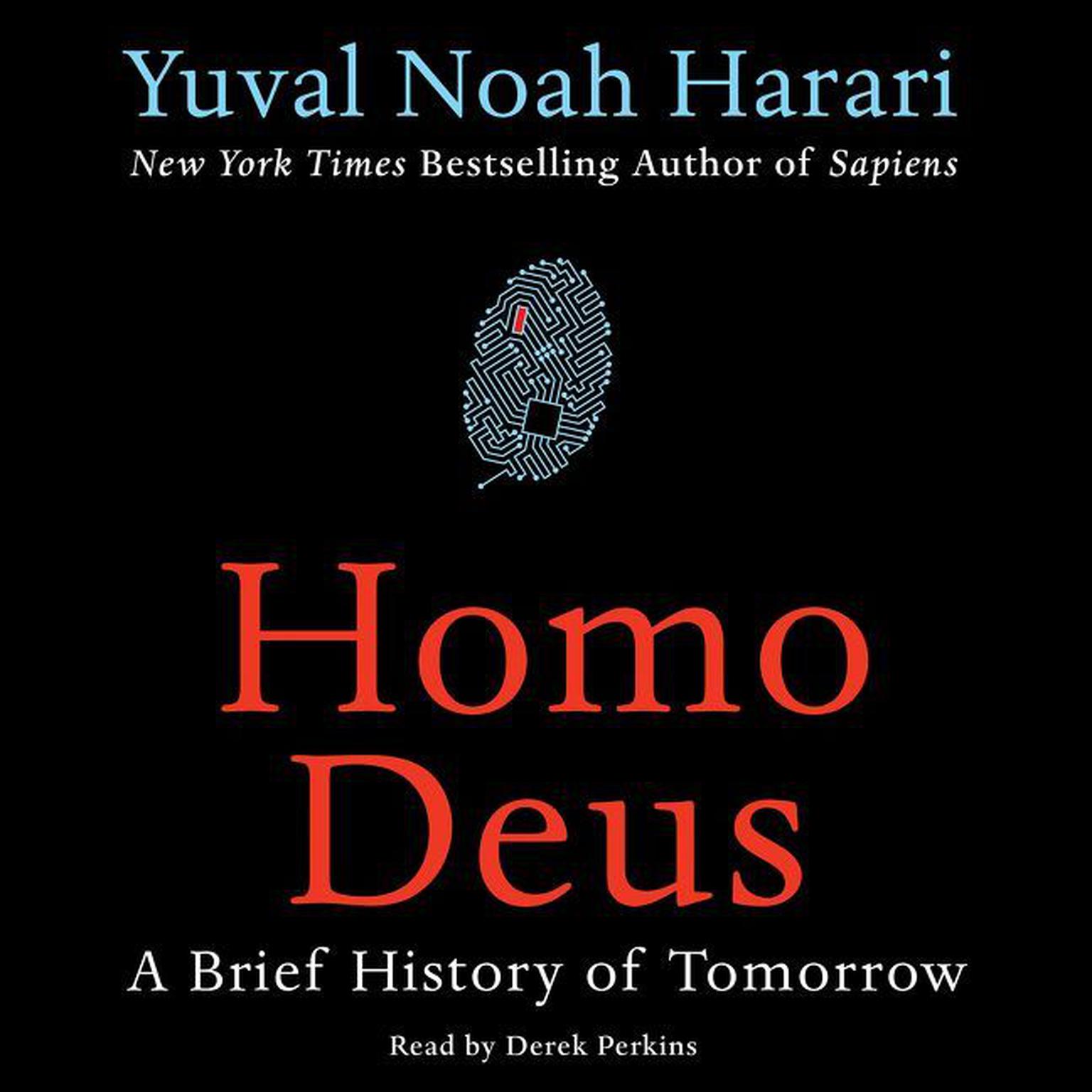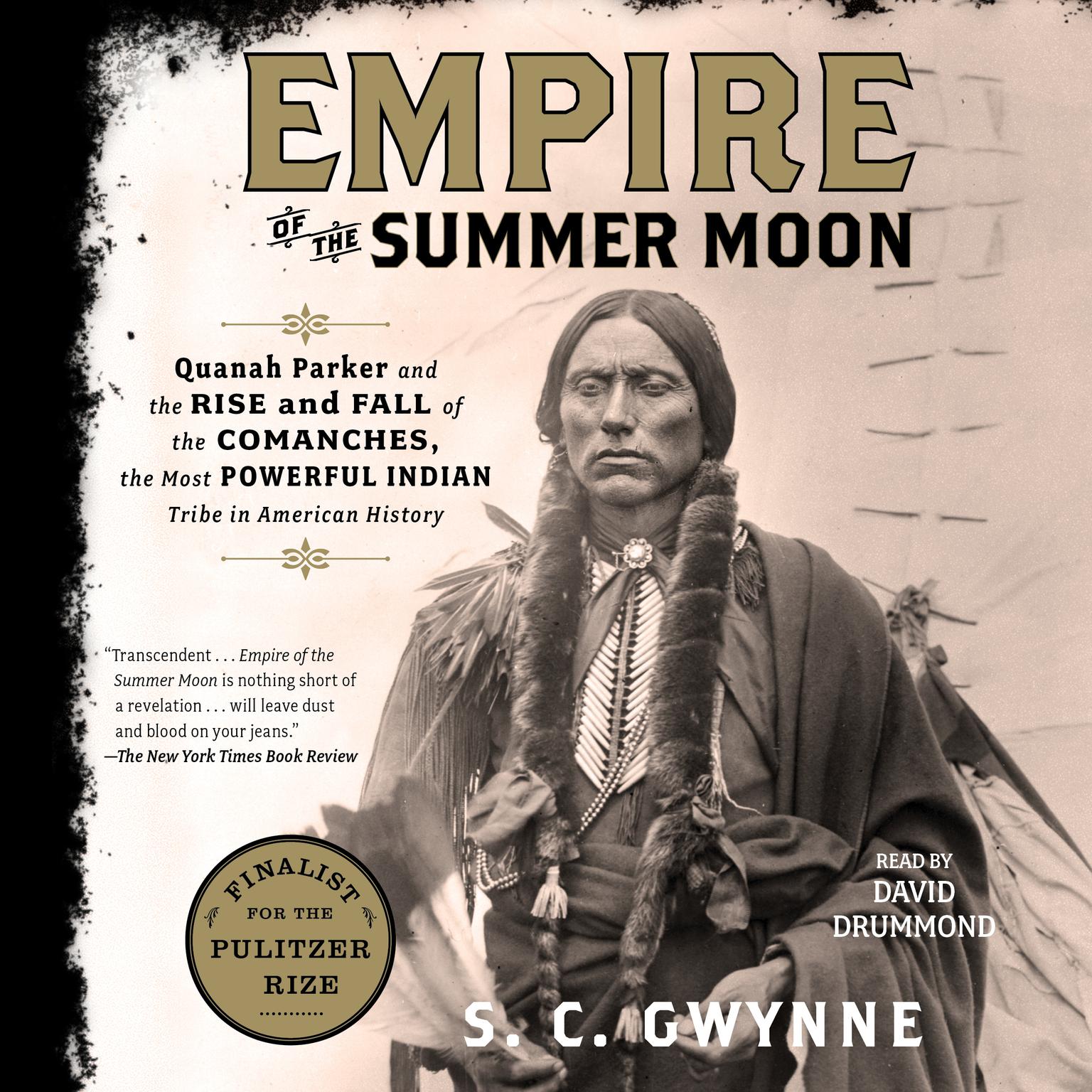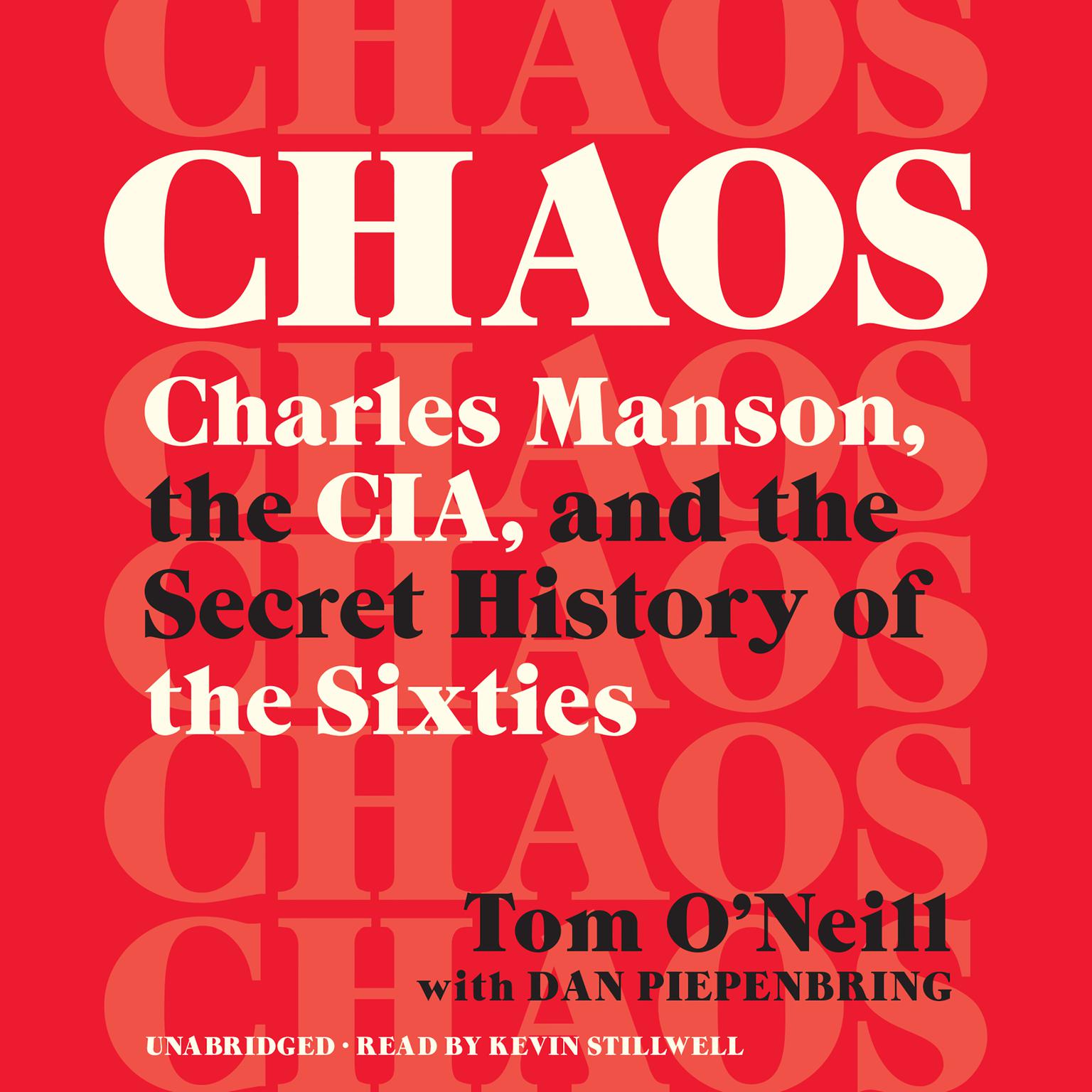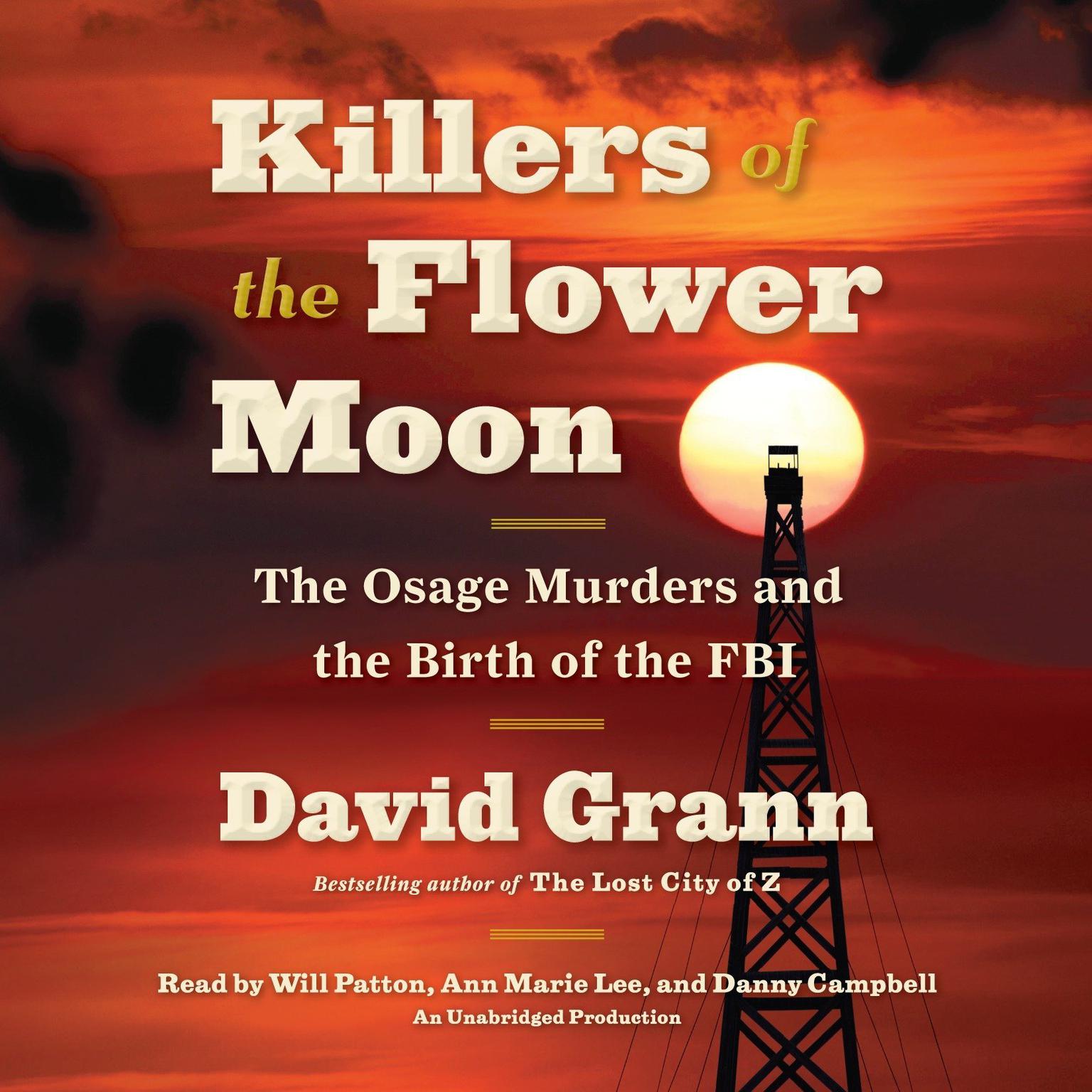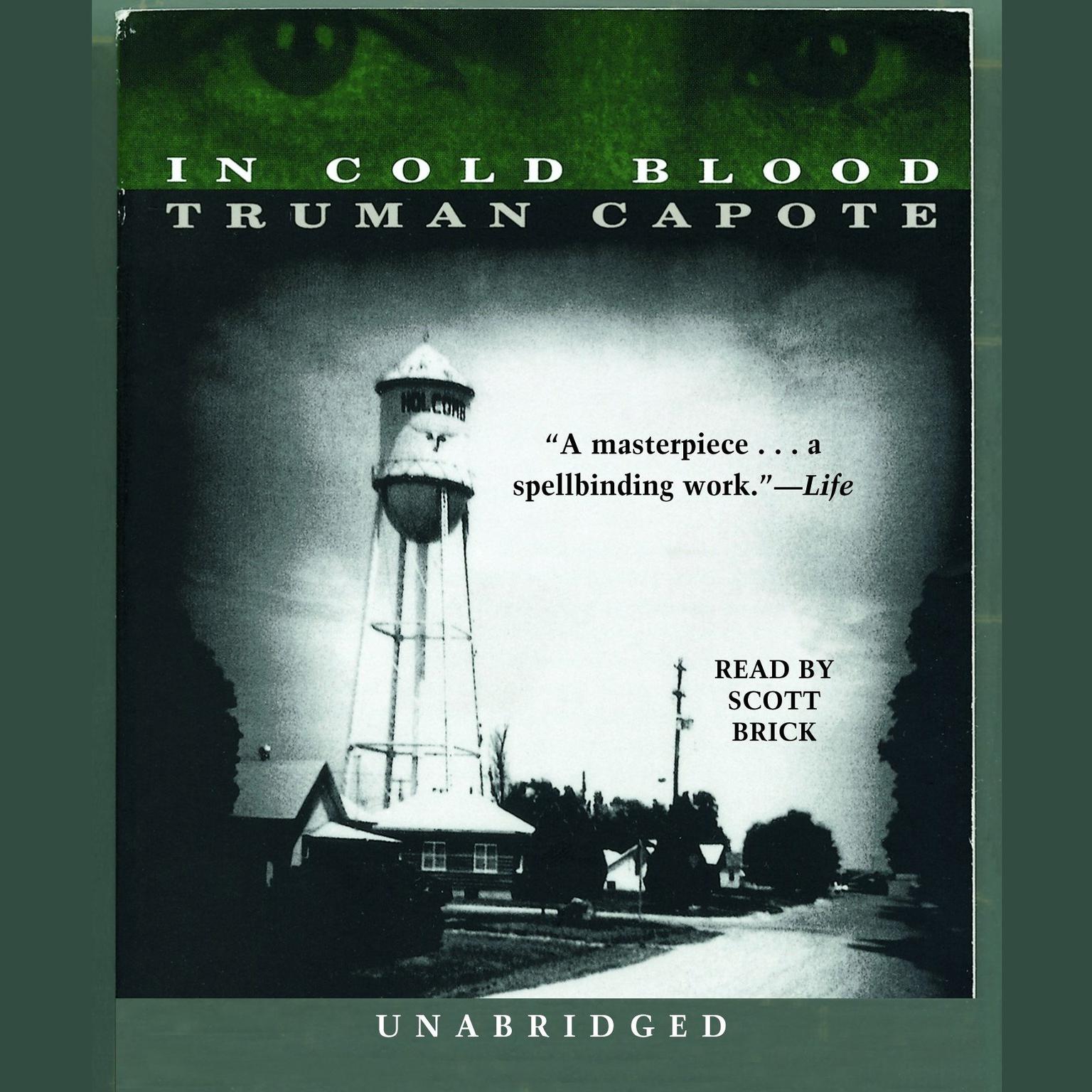Publisher Description
Deep Conviction features four ordinary Americans who put their reputations and livelihoods at risk as they fought to protect their first amendment right to live their personal beliefs. Though these individuals couldn’t be more different, they share a similar conviction and determination, and the principles of religious freedom apply equally to all of them.
In 1813, a Catholic priest in New York City faced prison after a grand jury subpoenaed him for refusing to divulge the identity of a jewelry thief who admitted to the crime during the sacrament of confession.
In 1959, an atheist in Maryland was forced to choose between his job and his beliefs when the state required him, as part of the hiring process, to sign an oath that said he believed in God. The United States Supreme Court would decide his fate.
In 1989, a Klamath Indian man walked into the highest court of our nation to fight for the right to practice the central sacrament of the Native American church after the state of Oregon had declared it illegal.
And, finally, in 2017, a Christian baker and a gay couple took their case to the United States Supreme Court after the baker declined to create a custom wedding cake to celebrate the couple’s same-sex marriage, fearing it would violate his duty to God.
Chosen for their universality and for the broad principles they represent, these true stories reflect the diversity of beliefs in the United States, the conflicts between religious freedom and other interests, the perils individuals face when their right to live their beliefs is threatened, and the genius of America’s promise of religious liberty for all.
Download and start listening now!
“Collis takes complex legal theories and disputes and brings them to life in a way that will make them engaging for readers with no legal background…Even-handed and thoughtful, yet paced like a good work of literature, Deep Conviction will leave readers with a deeper understanding of the relationship between church and state. Through the eyes of people affected on an intimate level, the book illuminates how religious liberty law ended up where it is today. The stories—riveting and painstakingly researched—will allow readers to be thoughtful about where the law should go and they will help readers understand the differing viewpoints on these most important of issues. A timely and important contribution.”
—
Douglas Laycock, professor of law and religious studies, University of Virginia Law School, and author of Religious Liberty
